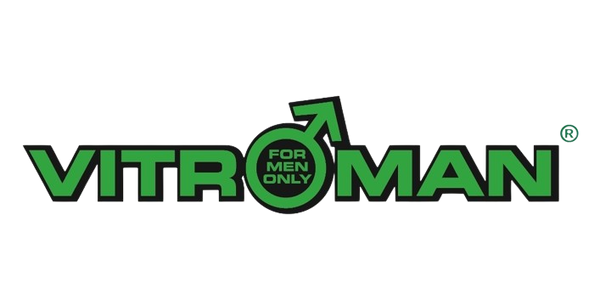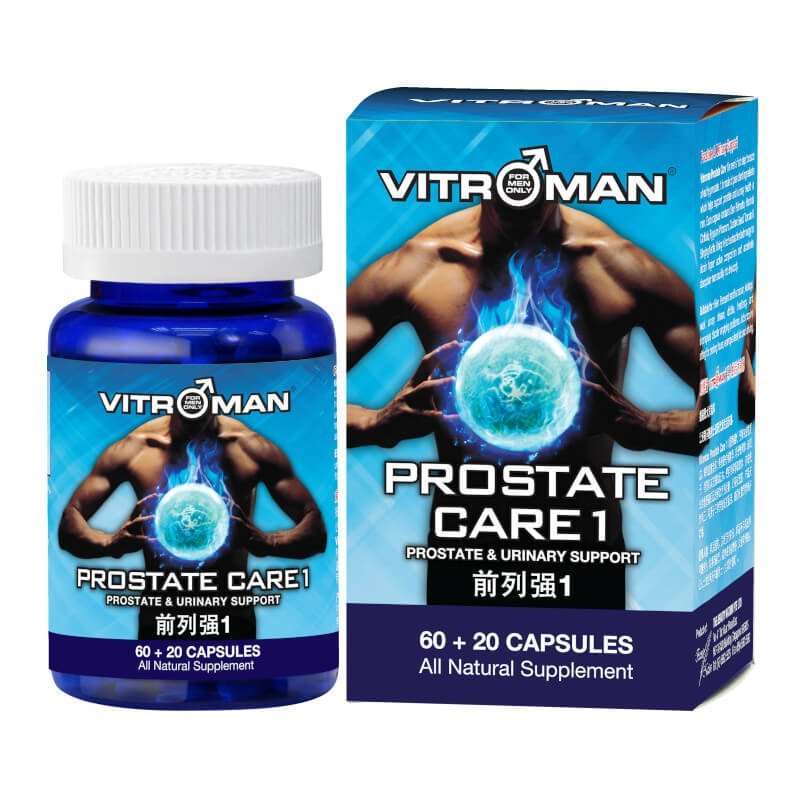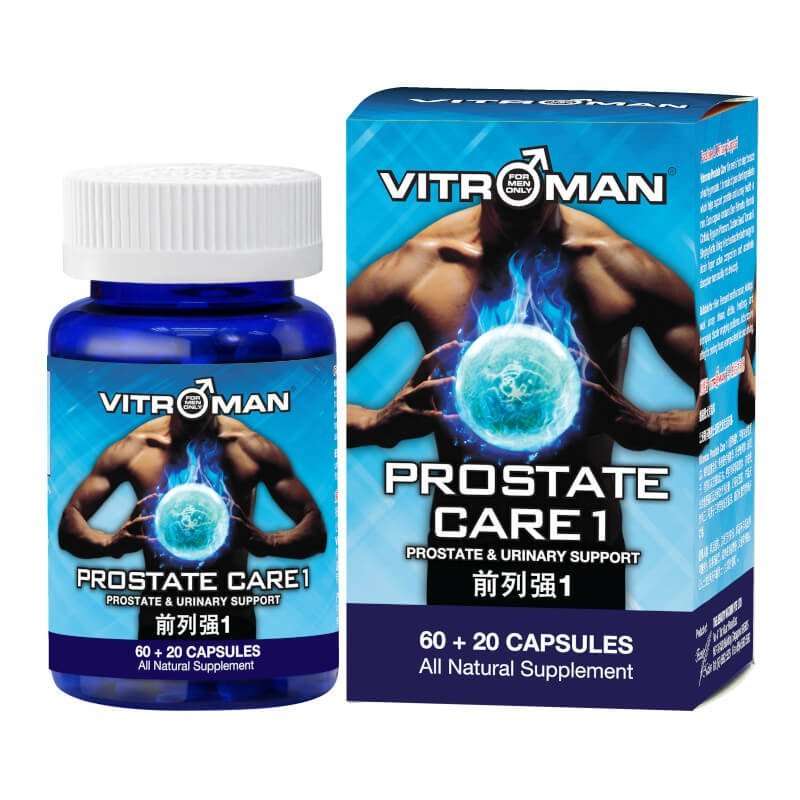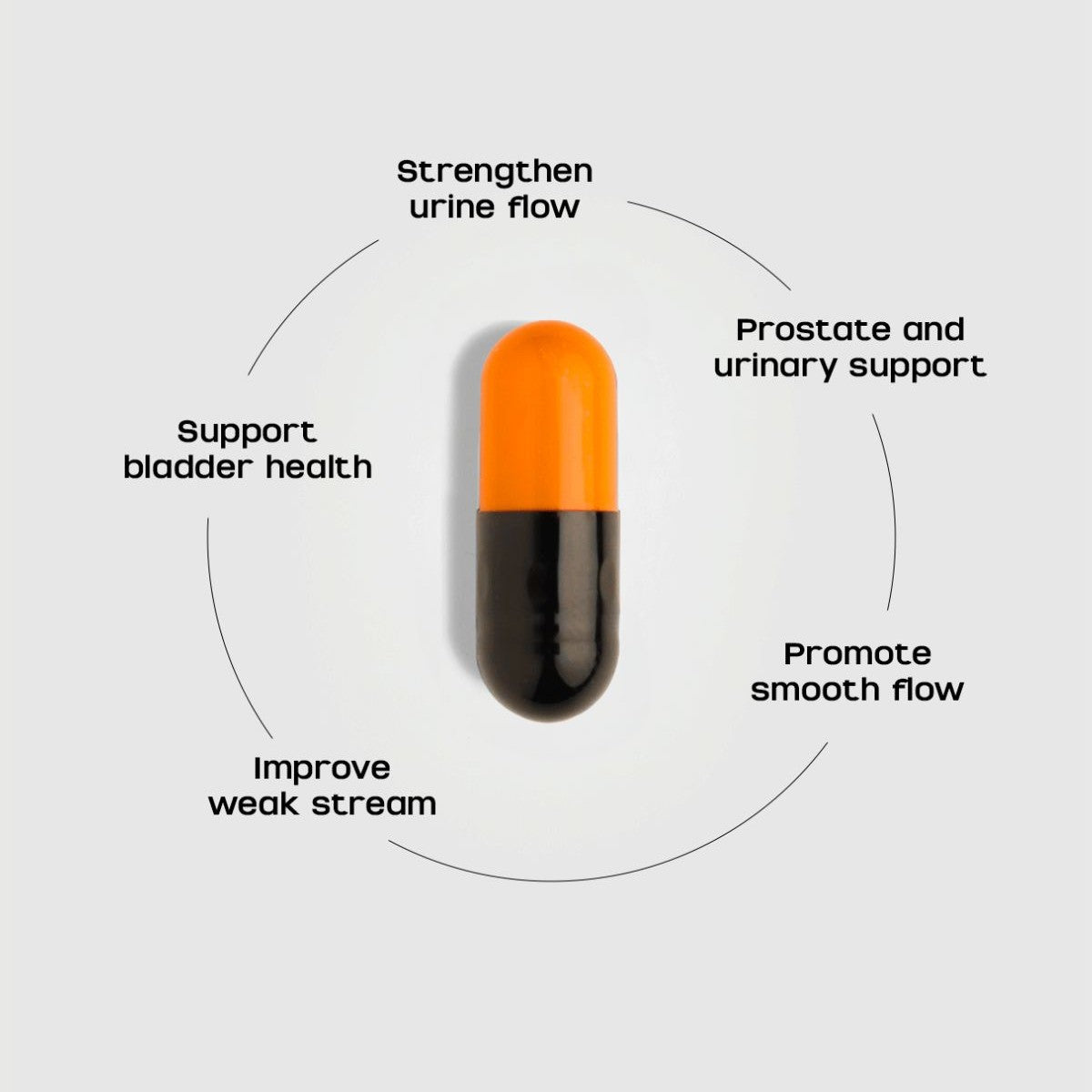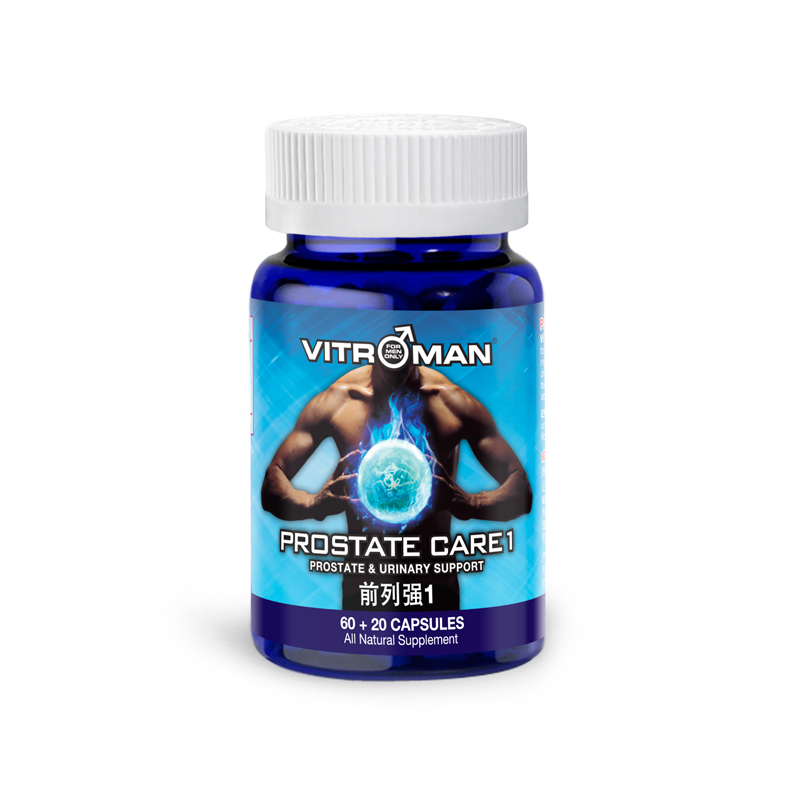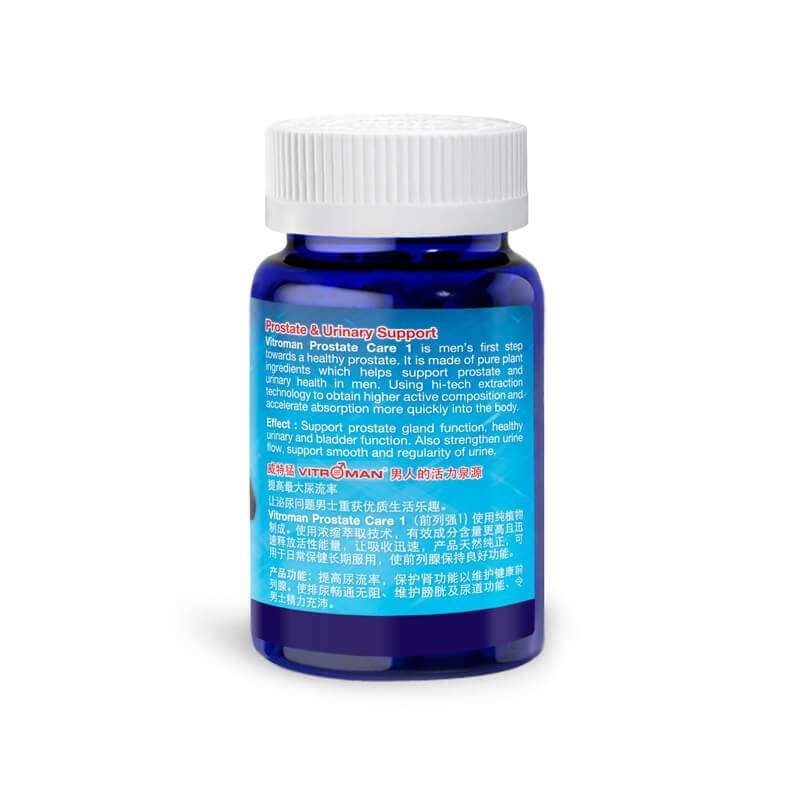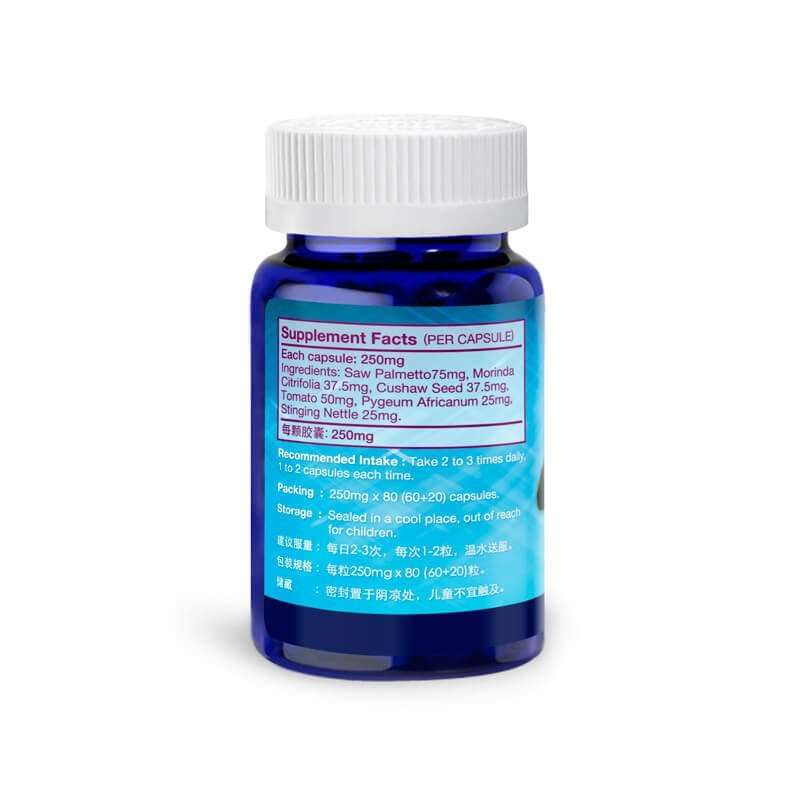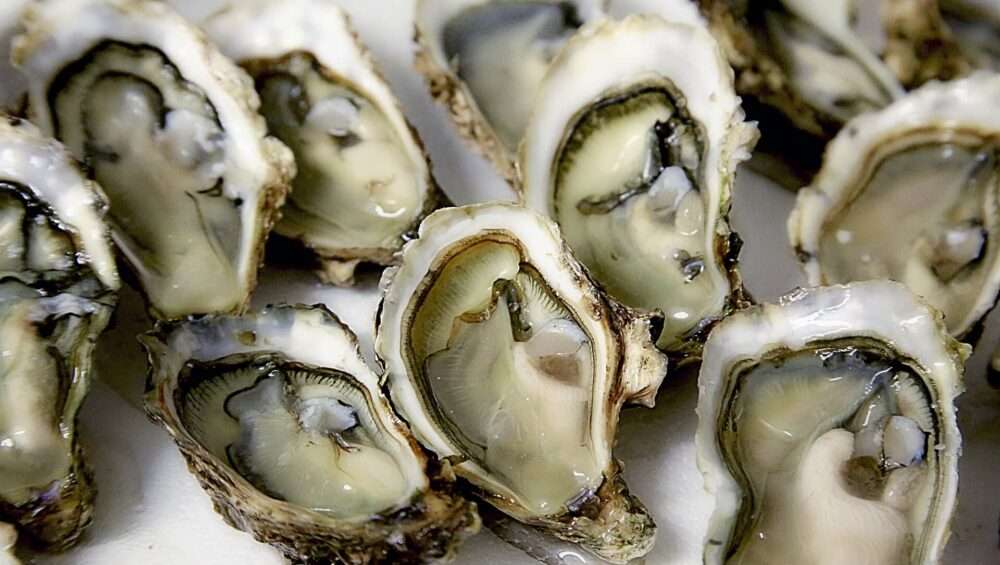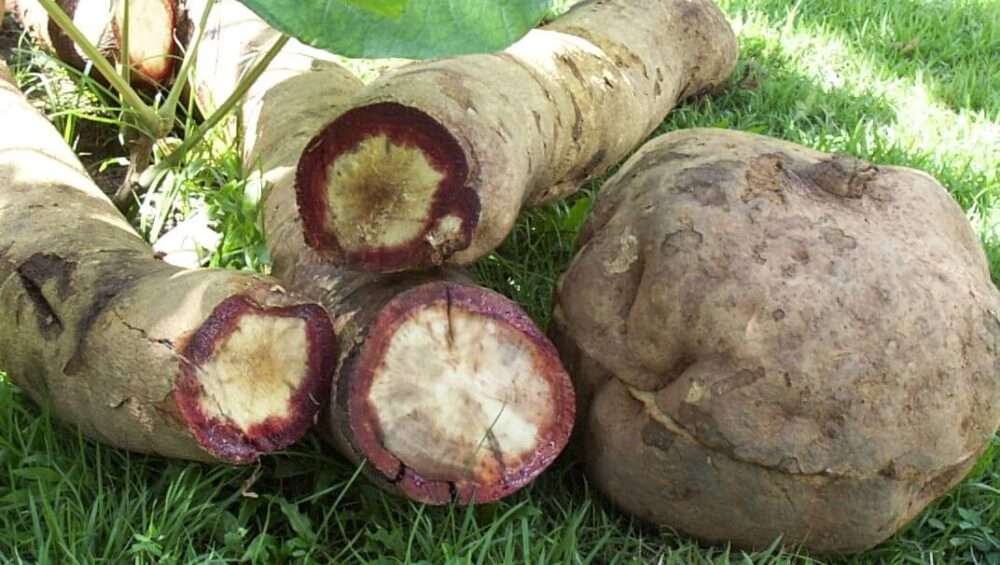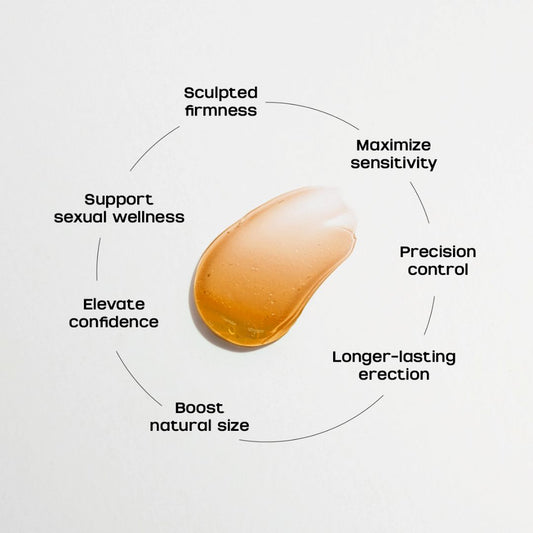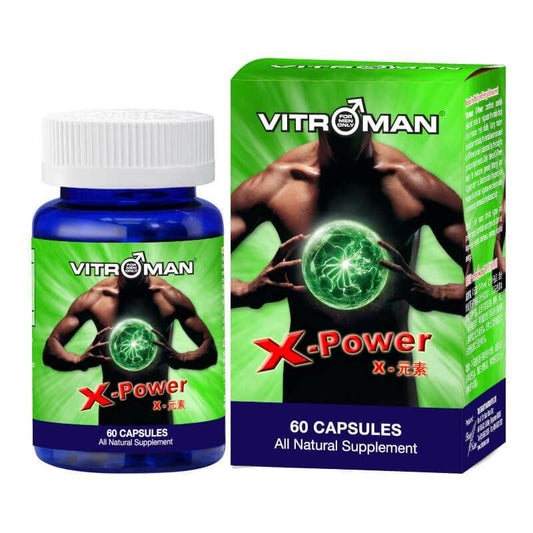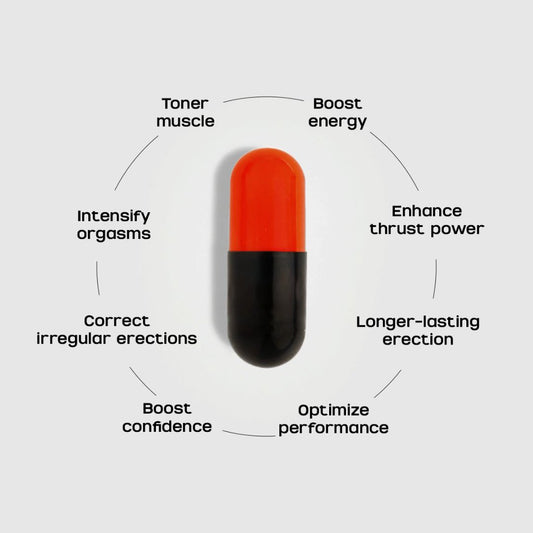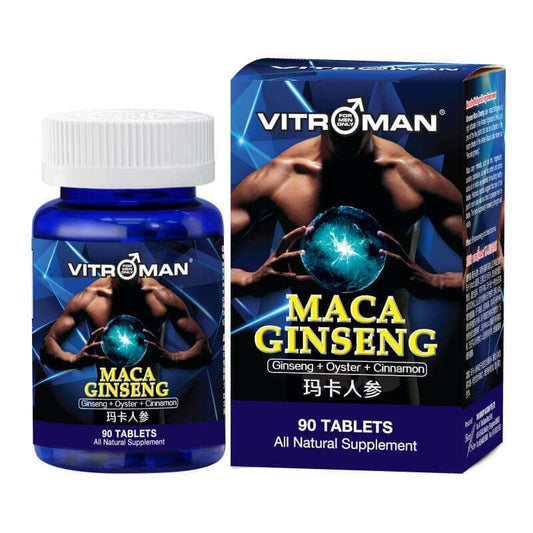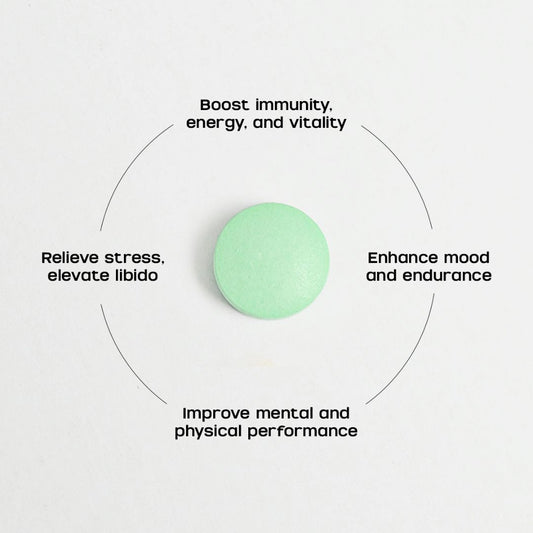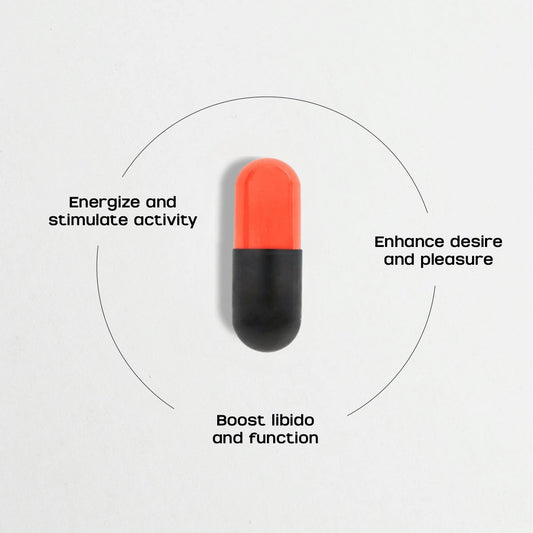Our blog offers in-depth resources on men's sexual health, with a special focus on the most searched concerns like
erectile dysfunction, premature ejaculation, penis enlargement, and the use of natural sex pills. We cover trending
ingredients such as tongkat ali and cistanche, often included in herbal supplements for libido and erection support.
Readers will find trusted information on how to treat erectile dysfunction naturally, how to last longer during sex,
and what sex pills for men really work without harmful side effects. We also explore safe methods for penis
enlargement, comparing pills, pumps, extenders, and topical oils.
Posts include reviews of the best natural male enhancement products, alternatives to ED medications like Viagra, and
tips to improve sexual stamina and confidence. You'll learn whether penis pumps are effective, how tongkat ali
works, and how to choose the right solution for your needs.
Whether you're exploring penis growth methods, looking for natural ways to treat ED, or researching cures for
premature ejaculation, our blog provides comprehensive, evidence-based content to help men take control of their
sexual wellness.
The Ultimate Guide to Pumpkin Seeds: Benefits, Side Effects, and How to Enjoy Them
Pumpkin seeds, also known as pepitas and cushaw seed, are small but mighty seeds packed with nutrients and health benefits. Derived from the oilseed pumpkin, these kernels are not only delicious but also versatile in their culinary uses. Whether you enjoy roasted pumpkin seeds, air fryer pumpkin seeds, or sprouted pumpkin seeds, there’s a way for everyone to incorporate these nutritional powerhouses into their diet. This blog will delve into the myriad benefits of pumpkin seeds, potential side effects, who should avoid them, proper dosages, and various preparation methods.
12 Benefits of Pumpkin Seeds
-
Rich in Nutrients
Pumpkin seeds are a great source of protein, fiber, and essential fatty acids. They are particularly high in magnesium, zinc, and iron, which are crucial for various bodily functions.
-
Heart Health
The high magnesium content in pumpkin seeds helps regulate blood pressure, contributing to heart health. Additionally, the antioxidants and healthy fats found in these seeds support cardiovascular function.
-
Boost Immune System
Zinc is vital for immune function, and pumpkin seeds are an excellent source. A handful of pumpkin kernels can help keep your immune system strong.
-
Improve Sleep
Pumpkin seeds contain tryptophan, an amino acid that promotes good sleep. Consuming them can help improve sleep quality and duration.
-
Anti-Inflammatory Properties
The antioxidants in pumpkin seeds, including vitamin E, help reduce inflammation in the body, which is beneficial for those with arthritis or other inflammatory conditions.
-
Promote Prostate Health
Studies have shown that pumpkin seeds may help reduce the symptoms of benign prostatic hyperplasia (BPH), a condition that causes the prostate gland to enlarge.
-
Support Bone Health
With their high magnesium content, pumpkin seeds support bone density and overall skeletal health, reducing the risk of osteoporosis.
-
Regulate Blood Sugar Levels
Pumpkin seeds can help control blood sugar levels, making them a healthy snack option for people with diabetes or those at risk of developing diabetes.
-
Enhance Hair Growth
The high levels of iron, magnesium, and other essential nutrients in pumpkin seeds promote healthy hair growth and can help prevent hair loss.
-
Aid in Digestion
The fiber in pumpkin seeds helps regulate the digestive system, preventing constipation and promoting a healthy gut.
-
Improve Skin Health
The vitamins and antioxidants in pumpkin seeds contribute to healthy skin by fighting oxidative stress and promoting cell repair.
-
Weight Management
The protein and fiber content in pumpkin seeds can help you feel fuller for longer, aiding in weight management and reducing the likelihood of overeating.
Side Effects of Pumpkin Seeds
While pumpkin seeds are generally safe for most people, they can cause some side effects:
-
Allergic Reactions: Some individuals may experience allergic reactions, including itching, swelling, and difficulty breathing.
-
Digestive Issues: Overconsumption can lead to stomach cramps, gas, and bloating due to their high fiber content.
-
Interactions with Medications: Pumpkin seeds can interact with certain medications, such as blood thinners, so it’s essential to consult with a healthcare provider if you’re on medication.
Who Should Avoid Pumpkin Seeds?
-
Individuals with Seed Allergies: Those with allergies to seeds should avoid pumpkin seeds to prevent allergic reactions.
-
People with Stomach Issues: If you have digestive disorders or conditions like diverticulitis, consult your doctor before consuming pumpkin seeds as they can exacerbate symptoms.
-
Patients on Specific Medications: If you’re taking medications that affect blood thinning or other significant treatments, discuss with your healthcare provider before adding pumpkin seeds to your diet.
Dosage and Consumption
Dosage:
-
General Recommendation: A safe and effective dosage is about 1 ounce (approximately 28 grams) per day. This amount provides a good balance of nutrients without the risk of overconsumption.
How to Eat Pumpkin Seeds:
-
Raw: Enjoy them straight from the shell or hulled as a snack.
-
Roasted: Roast pumpkin seeds in the oven or an air fryer for a crunchy treat. Simply toss them in olive oil, season with salt, and roast at 350°F (175°C) for about 15-20 minutes.
-
Sprouted: Sprouted pumpkin seeds are easier to digest and can be added to salads or smoothies.
-
Toasted: Lightly toasting pepitas seeds enhances their flavor. Use them as a topping for soups, salads, or yogurt.
-
Baking: Incorporate pumpkin seeds into bread, muffins, or granola bars for added crunch and nutrition.
Consult Your Doctor: Before making significant changes to your diet, especially if you have underlying health conditions or are pregnant, it's essential to consult with a healthcare provider to ensure pumpkin seeds are safe for you.
Preparation Methods
-
Roasting Pumpkin Seeds: Clean and dry the seeds, then toss them with oil and seasonings. Spread on a baking sheet and roast at 350°F (175°C) for 15-20 minutes, stirring occasionally.
-
Air Fryer Pumpkin Seeds: Follow the same preparation steps as for oven roasting, but cook in an air fryer at 350°F (175°C) for 10-15 minutes.
-
Sprouted Pumpkin Seeds: Soak the seeds in water for several hours or overnight, then drain and rinse them. Spread them on a tray and let them sprout for a day or two before consuming.
-
Toasted Pumpkin Seeds: Heat a dry skillet over medium heat, add the seeds, and toast them until golden brown, stirring frequently.
Conclusion
Pumpkin seeds, or pepitas, are a nutritious and versatile food that can offer numerous health benefits, from boosting heart health to improving sleep and digestion. However, it’s essential to be aware of potential side effects and to consult with a healthcare provider if you have any health conditions or concerns. Enjoy these seeds in various forms—roasted, sprouted, or toasted—to reap their full benefits.
References
-
Healthline: 11 Evidence-Based Health Benefits of Pumpkin Seeds
-
WebMD: Pumpkin Seeds: Nutrition, Benefits & Recipe Ideas
-
Medical News Today: What are the benefits of pumpkin seeds?
-
Cleveland Clinic: Pumpkin Seeds Nutrition & Health Benefits
-
Harvard T.H. Chan School of Public Health: Pumpkin Seeds

